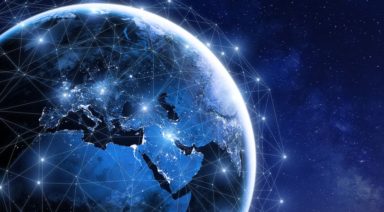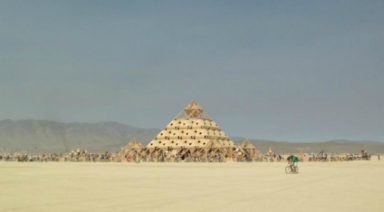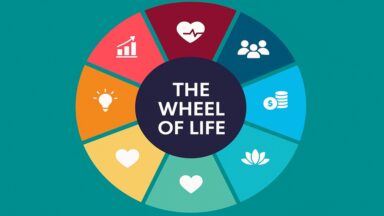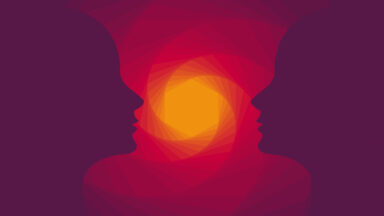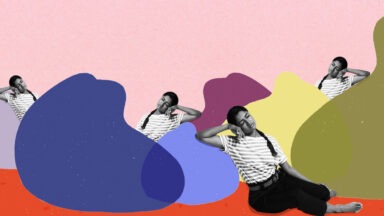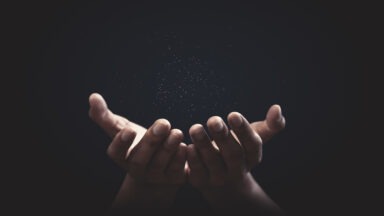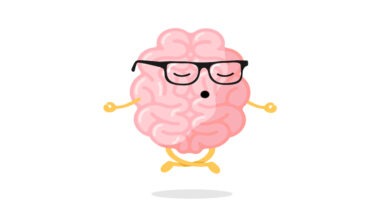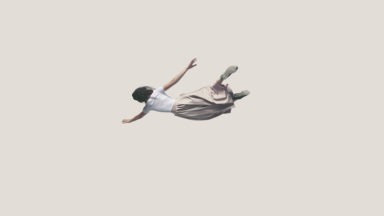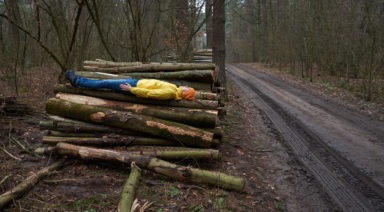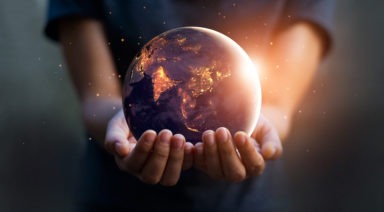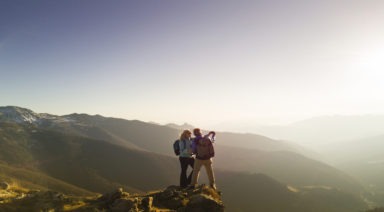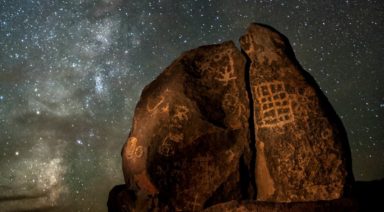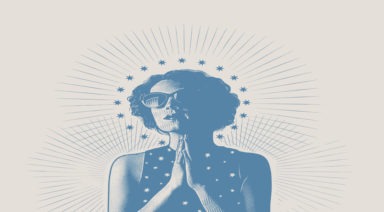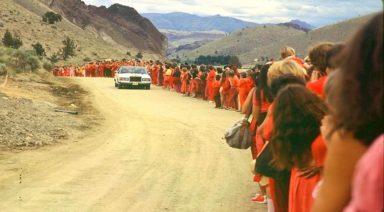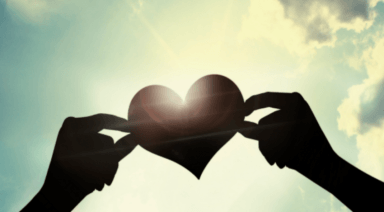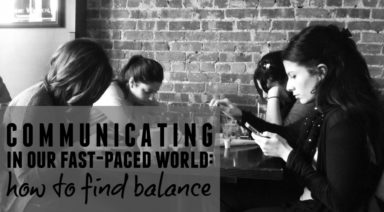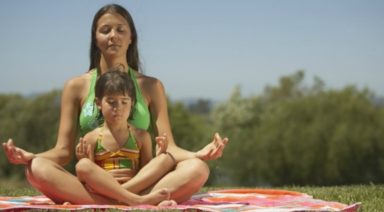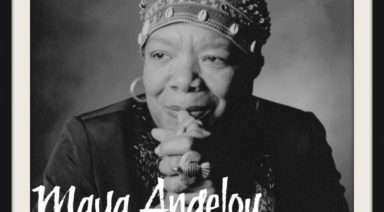Ubuntu: Ancient Wisdom for a New Age
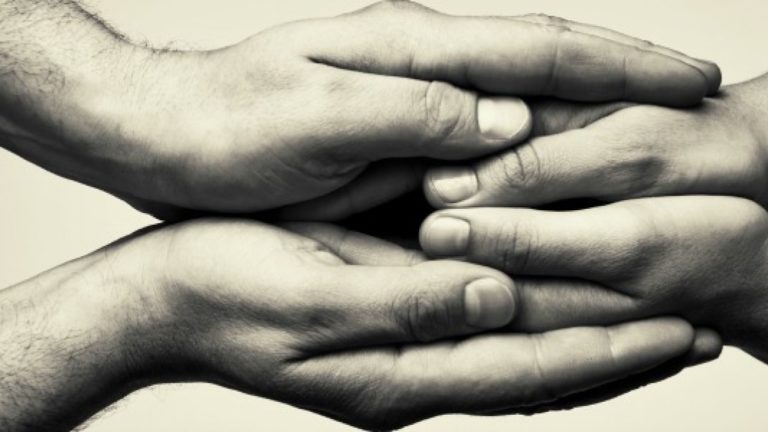
Gratitude is all the rage. Yoga instructors dedicate classes to cultivating it. Scientists perform studies to measure its effect on the body. It is a buzzword for media messages, advertising campaigns, even home decor and fashion.
Though, gratitude is much more than a passing trend. It is a complex emotion that connects us to earth, space and other living beings. When a body is full of gratitude, blessings rise within and flow outward, benefiting others. In essence, gratitude is a manifestation of Ubuntu.
The Meaning of Ubuntu
Ubuntu is an ancient African philosophy that means humanness. Many native cultures and grassroots movements throughout history and across the globe embrace a basic, humanist concept that none are free until all are free.
In South Africa, Ubuntu has evolved from tribal practice into a mantra for liberation from colonization and apartheid. Liberian peace activist, Leymah Gbowee describes Ubuntu as, “I am what I am because of who we all are,” and renowned Archbishop Emeritus of Cape Town, Desmond Tutu, summarizes Ubuntu by saying, “you can’t be human all by yourself.”
World leaders, entrepreneurs, artists, even software engineers have evoked the spirit of Ubuntu in their work. South African author, scientist, explorer, and politician, Michael Tellinger has spent over a decade developing ways for modern societies to thread Ubuntu philosophy into the daily fabric of life.
In “Inspirations: Michael Tellinger on Utopia“, he envisions a future where we attain infinite abundance by working together.
Humans belong to each other and need one another to thrive on earth. The possibilities are endless when we are free to share our unique talents for the greater good.
The Ubuntu Movement
Despite its countless benefits, gratitude can feel elusive when we take an honest look at the world around us. Corporate greed, government corruption, global terrorism and climate change, are only a few of the dark forces that threaten our humanity. The time has come to convert consciousness into action, to join the global Ubuntu movement.
In discussion with Corey Goode during “Cosmic Disclosures: Ubuntu and the Blue Avian’s Message, Part I,” Michael Tellinger laments that money and politics are destroying our lives. He finds hope in the Ubuntu movement–a movement of people who believe in abundance over scarcity and human lives over profit.
Tellinger explains, “[We’re] transitioning from a world that’s driven by money and greed, and corporate structure and control, and scarcity…to a system that’s driven by people and their passion for life. That’s what the whole Ubuntu movement is about…introducing people to the fact that we don’t need money because money does nothing. People do everything. It’s about the people. We grow the food. We plant the seeds. We create the mathematical equations and develop the free energy devices.”
In an effort to restore control to the people, Tellinger founded the Ubuntu Party in South Africa in 2010, “to plant the seed of consciousness into the political beast.” Additionally, the Ubuntu liberation movement is gaining global momentum through Ubuntu Planet, an organization that is “uniting people across borders and cultural divides imposed on humanity–laying the foundations for communities of abundance and prosperity on our beautiful planet of infinite abundance.”
Along with sharing practical steps for manifesting Ubuntu in our daily lives, and connecting people to co-create a new reality, the Ubuntu movement is willing a radical future governed by love.
Contributionsm
A driving force within the Ubuntu movement is the desire to address our failing financial system. Contributionsm–the unity within community–is a solution that dares to imagine a world without money.
In “Cosmic Disclosure: Ubuntu and the Blue Avian’s Message, Part II,” Tellinger says, “I believe that we are living these lives on this planet to appreciate all the density, the oxygen, the water, the gravity, to experience this planet for what it is, with all the beautiful things imbued on this. That’s what we should be doing. And we are each born with very specific and unique talents. And this is what we should be doing.”
Contributionism is a work-in-progress and can seem abstract to those who wish to incite change while surviving day-to-day by the law of the land. However, there are many small steps every human can take toward a unified future.
5 Ways to Bring Ubuntu Into Your Life
Work Together
We’ve been conditioned to believe the false notion that competition drives progress. Unfortunately, competition creates the false sense of scarcity and pits humans against each other. Every human has a purpose of equal value here on earth. When we cooperate and collaborate without hierarchy in-mind, we will create solutions that are more abundant and diverse than any one human can imagine.
Do What Makes Your Heart Sing
Time to do what you love will be plentiful in a money-free society where interdependence and contributionism fuel all basic needs. Until we reach Utopia, carve moments into every day to fulfill your passions, regardless of profitability or practicality. When you actively cultivate your own divine expression, you are able to recognize and honor the divine in others.
Respect the Planet
Just as humans belong to each other, we all belong to Earth. When we stop defining ourselves by the things we own, there is room to acknowledge the beauty inherent in nature–warm sunshine, running water, lush forestry and dynamic sky. In addition to living green, make each step a living prayer for Earth.
Practice Sacred Economics
Consider the many creative ways humans can provide for each other while transitioning to a money-free world. From gift economy to time banking, humans are inventing alternative ways to make a living. Of course, humans who are financially wealthy still serve an important role. In addition to willing hands and generous hearts, money and resources will be needed to transition into the new age of prosperity.
Start Small
You don’t have to be or do anything extraordinary to join the Ubuntu movement. In fact, Michael Tellinger believes the Ubuntu movement will be most successful in small towns and circles. When one community unites to successfully provide free food, water, and energy for every resident, the wisdom will resonate across the land.
Acknowledge the Ancient Hum
As we diverge from a chaotic, worldwide system that serves a privileged few, it can feel like suffering is inevitable. Beyond mass disorder, there is an ancient, impenetrable hum that connects every human. When acknowledged, it feels a lot like gratitude.
The next time you practice gratitude, remember that you are experiencing a powerful emotion. Perhaps you are a tad trendy, but when put into motion, your rising awareness just might tip the world into harmony.
How is Planned Obsolescence Harmful to the Environment?
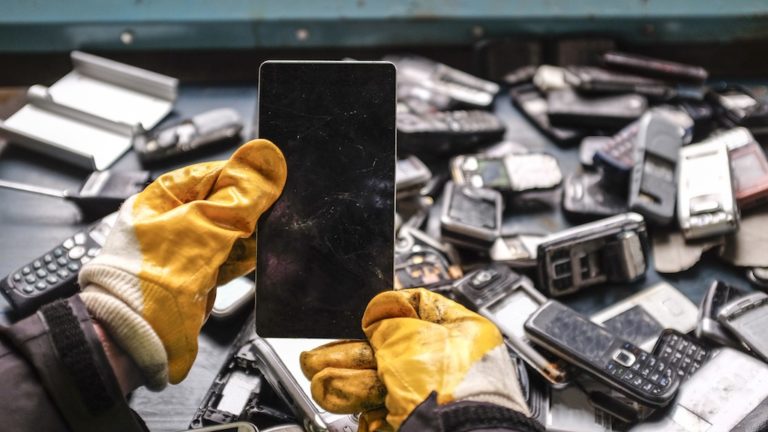
Upgrading to the latest computer or cell phone model has become a habit for us and it’s one that is actively encouraged by the companies manufacturing our devices. This practice of planned obsolescence is nothing new, but now with the components and chemicals needed for our tech gadgets, we need to start considering how planned obsolescence is harmful to the environment.
What is Planned Obsolescence?
The term planned obsolescence, or designed obsolescence, can’t be mentioned without referring to the Centennial lightbulb in Livermore, CA, which has been burning since 1901. The lightbulb was manufactured in the 1890s by the Shelby Electric Company, and hangs in the Livermore-Pleasanton Fire Department.
The light was originally a 60-watt bulb that now shines at about 4-watts, one of the secrets to its longevity. It has been featured on numerous television shows and even has its own live webcam that updates every 30 seconds.




